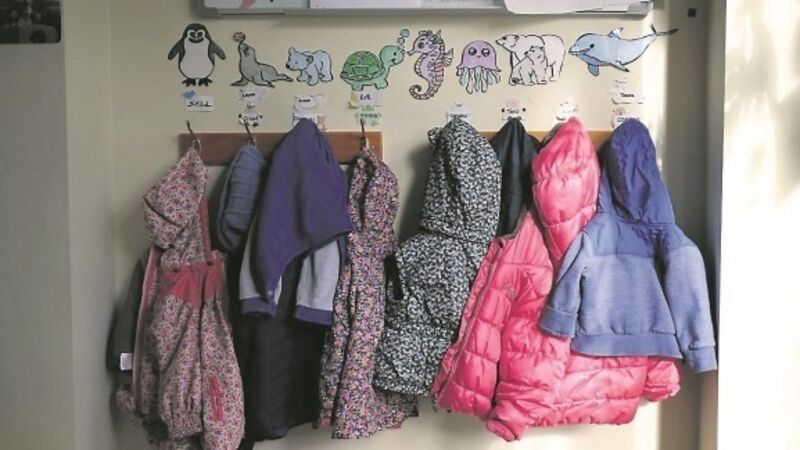This budget incentivises behaviour that damages babies and toddlers

THE Government knows that full-time crèche care puts babies and toddlers at risk of developing anti-social behaviour but is providing it anyway.
This budget incentivises behaviour which damages children. Parents will be financially supported to put babies who are six months old into group daycare all day, every day. They will be supported, even to the tune of €8,000 a year, if those babies are in care for longer rather than shorter periods, with the maximum incentive applying to centre-based care of 40 hours a week.















